SARAYA SOFORO Cryo

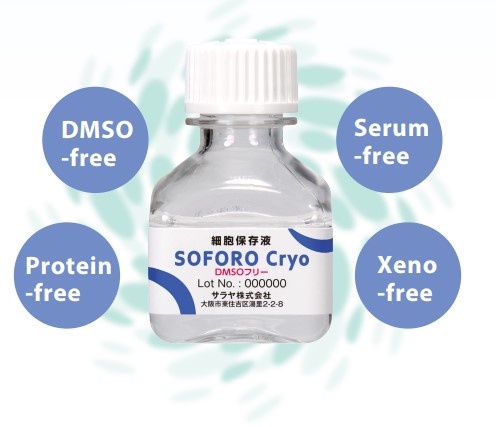
SOFORO Cryo is a DMSO-free cell cryopreservation solution containing sophorolipid*(SOFORO), a biosurfactant made excusively by SARAYA.
It exhibits high cell survival rates after thawing and low cell toxicity, allowing cells to be cultured directly without the need to remove the preservation solution. In addition to being DMSO-free, it is animal-free (contains no animal-derived components) and has a chemically defined composition with no proteins.
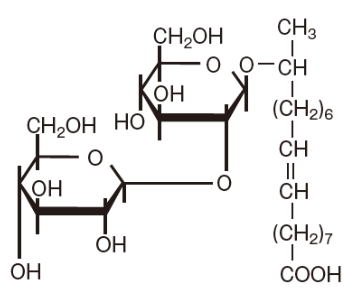
Features
- Cell cryopreservation solution containing sophoro lipid
- Can be cryopreserved by simply mixing 1:1 with culture medium
- Can be cryopreserved without affecting cell properties
- Free of DMSO and animal-derived ingredients
- Low cytotoxicity, can be cultured as is without removal after thawing
Mechanism analysis of SOFORO Cryo
Ice crystal formatin suppressing effect of sophorolipid
The test sample was frozen on the cooling stage of a scanning probe microscope (AFM5000/AFM5300, manufactured by Hitachi High-Tech Science), and observed under the microscope are shown below. When water is frozen alone, large ice crystals are formed, but it was confirmed that the addition of sophorolipid suppressed the ice crystal size in the same way as DMSO.

Evalution of the toxicity of the sohorolipid to the cells
Human adipose tissue-derived mesenchymal stem cells were cultured in a 96-well plate, and a medium mixed with each surfactant was added.
MTT assay was performed after 48 hours of culture, and the cell survival rate was calculated and the results are shown. The low cytotoxicity of sophorolipid was confirmed compared to other suffactants.
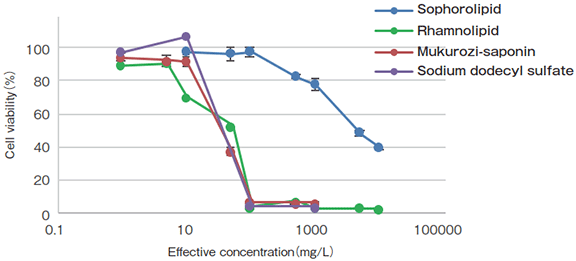
Comparison of cryopreservation effects(adhesion efficiency, differntiation ability)
Evalution of Cell adhesion after freeze-thaw
Figure 1 shows the adhesion efficiency of human adipose tissue-derived mesenchymal stem cells cryopreserved by SOFORO Cryo compared to competitive products, 16 hours after seeding in a dishe. Although SOFORO Cryo is DMSO-free, it has adhesion properties comparable to those of DMSO-containing products.
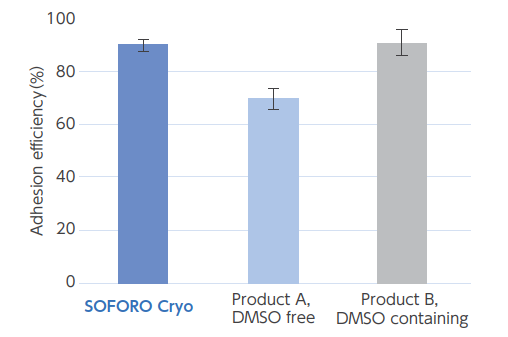
Evaluation of cell differentiation potential
Saraya Co., Ltd. evaluated the effects of differentiating human adipose tissue-derived mesenchymal stem cells (hADMSCs) frozen and preserved using SOFORO Cryo into adipocytes and osteoblasts. Adipocytes were stained with Oil Red O, and osteoblasts were stained with Alizarin Red. The results of microscopic observation and quantitative analysis by absorbance were presented. It was confirmed that cryopreservation of stem cells using SOFORO Cryo does not affect their differentiation potential.
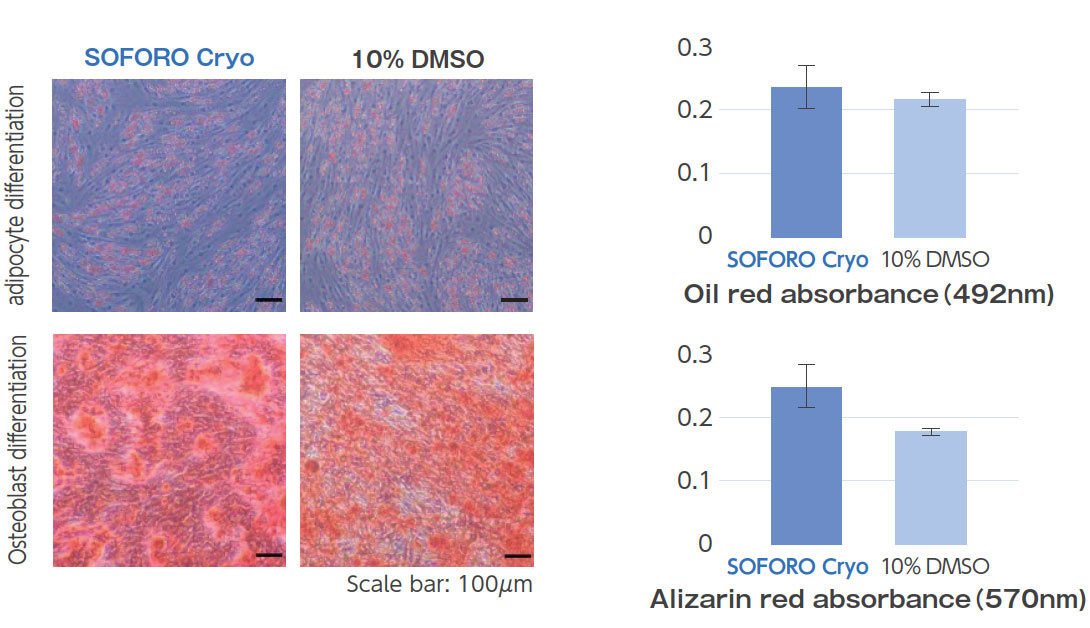
Cyropreservation effect of spheroids
Spheroids were prepared from human adipose tissue-derived mesenchymal stem cells using a low-adsorption U-bottom 96-well plate, and the possibility of cryopreservation was assessed by SOFORO Cryo.Cell viability was measured by enzymatically treating spheroids after freezing and thawing, and staining single cells with trypan blue. The results are shown in Fig. These results confirmed that cryopreservation of spheroids is possible using SOFORO Cryo.
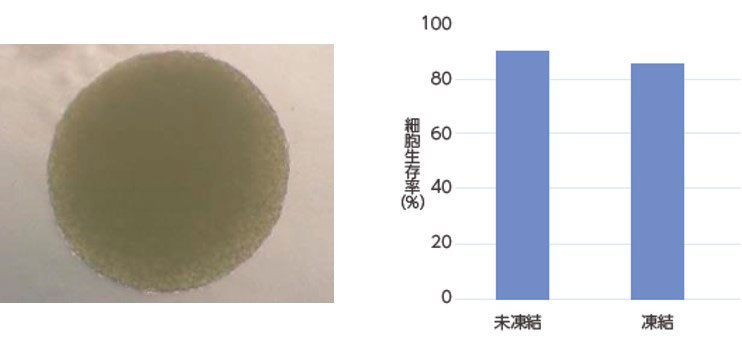
SARAYA also prepared cryosections of spheroids after freezing and thawing, and performed fluorescence observation.The results are shown in Fig. From Fig. , it was confirmed that the structure of the spheroids was maintained after thawing.
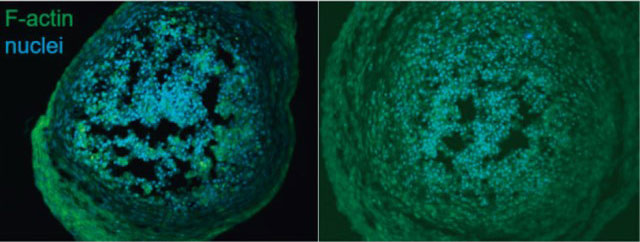
Cryopreservation results
- bMSC(Human Mesenchymal Stem Cells from Bone Marrow)
- aMSC(Human Mesenchymal Stem Cells from Adipose Tissue)
- Human iPS cells(e.g. 253G1)
- HUVEC(Human Umbilical Vein Endothelial Cells)
- SIRC(Statens Seruminstitut Rabbt Cornea cells)
- TIG-103(Human lung-derived adherent cells 103)
- HeLa cells
- G361(Human melanoma cells)
- B16(Mouse melanoma cells)
- NHDF(Normal Human Dermal Fibroblasts cells)
- HEK293(Human Embryonic Kidney cells 293)
- CHO(Chinese hamster ovary cells)
- Hep-G2(Human Hepatoblastoma cells)
Safety studies
Safety data from animal studies on sophorolipids are shown below.
Serious eye damage/irritation: No irritation or mild irritation (Draize method)
Product List
- Open All
- Close All
For research use or further manufacturing use only. Not for use in diagnostic procedures.
Product content may differ from the actual image due to minor specification changes etc.
If the revision of product standards and packaging standards has been made, there is a case where the actual product specifications and images are different.
The prices are list prices in Japan.Please contact your local distributor for your retail price in your region.



